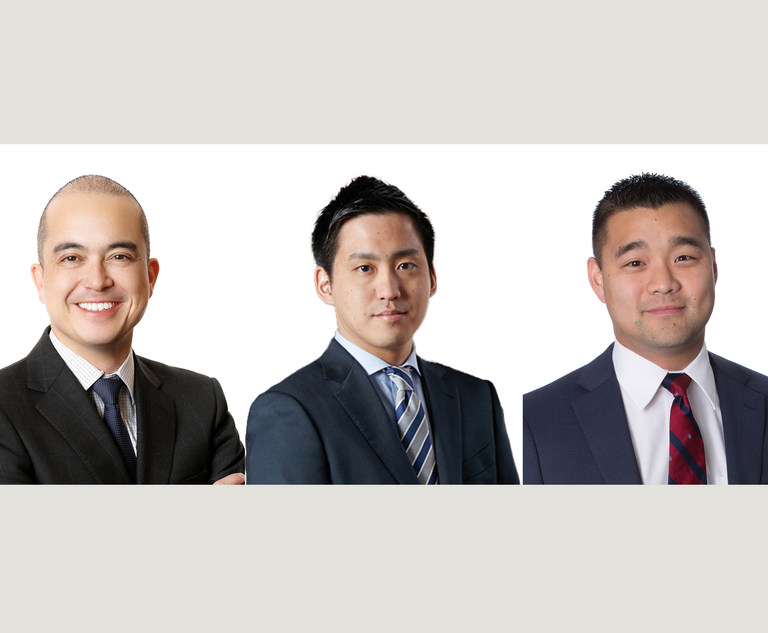When initiating a lawsuit against a Japanese defendant, effecting proper service of process is one of the first challenges facing a U.S. plaintiff. Without proper service, default judgments are unenforceable in Japan, and the case may be derailed before it even gets started. This article discusses available methods of serving a Japanese corporate defendant using examples from recent litigations.
Service under the Hague Convention on the Service Abroad of Judicial and Extrajudicial Documents in Civil or Commercial Matters (the Convention) is one of the most common methods for serving Japanese corporations. In addition, Rule 4 of the Federal Rules of Civil Procedure also allow for service by: (1) following applicable state laws, including those which allow for service on a foreign corporation through a U.S. subsidiary, and (2) pursuant to a court order, by methods that are not prohibited by the Convention—for example, service to the foreign defendant corporation’s U.S. legal counsel. Below, we explain each method of service, and discuss some benefits and drawbacks associated with each option.


 (L-R) Ian Papendick, Tomonori Maezawa, and Stephen LaBrecque of Winston & Strawn. Courtesy photos
(L-R) Ian Papendick, Tomonori Maezawa, and Stephen LaBrecque of Winston & Strawn. Courtesy photos




